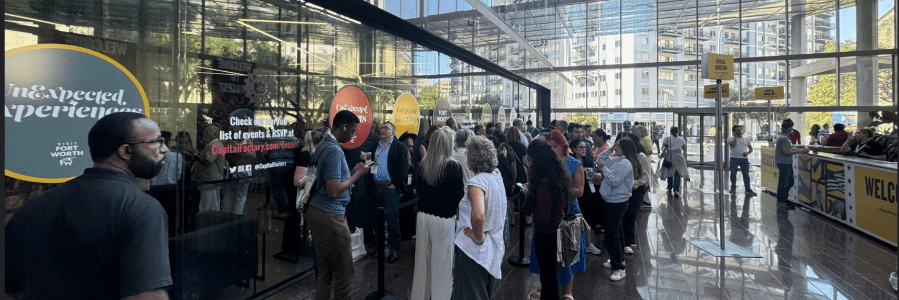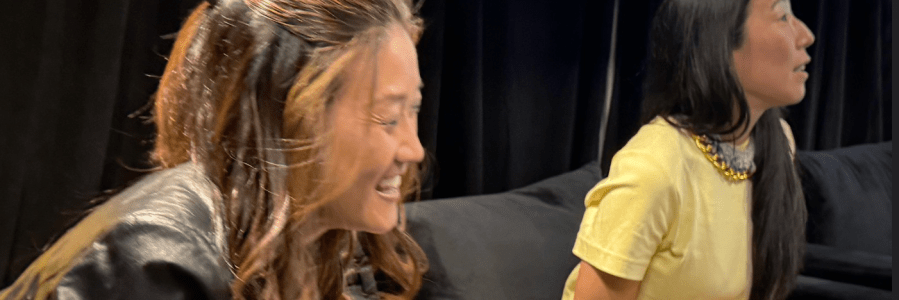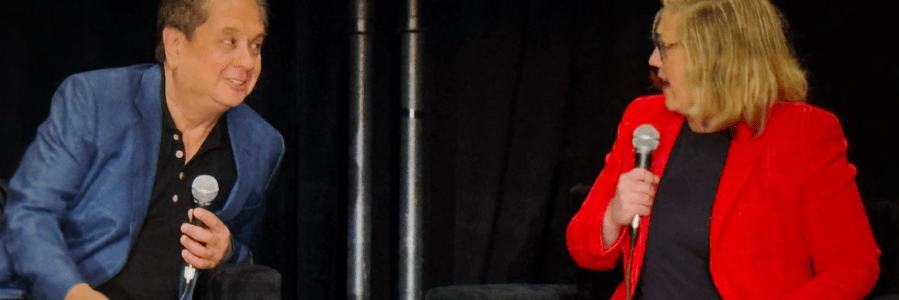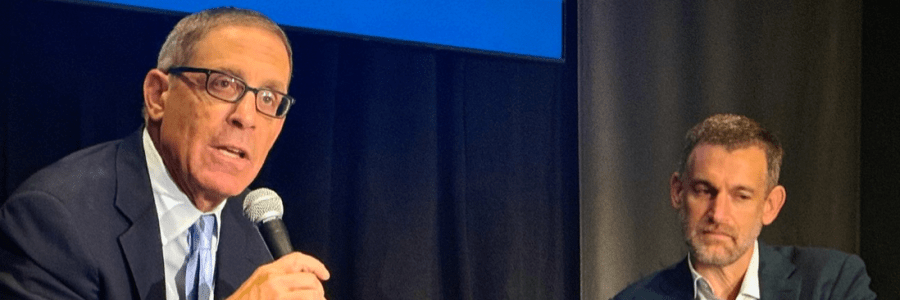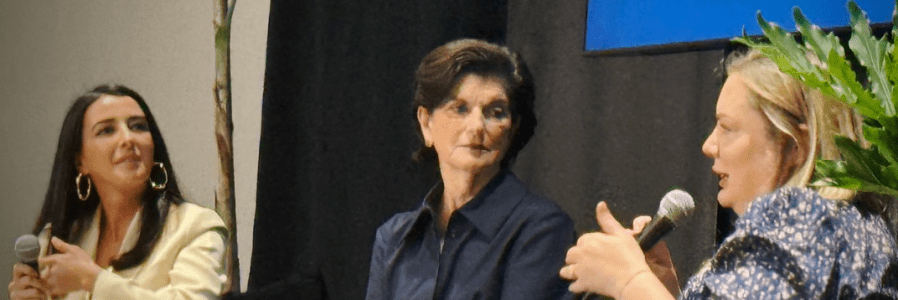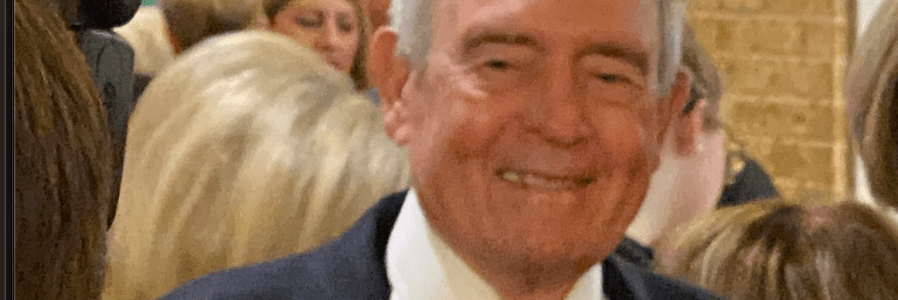Texas Tribune Festival: Talking Feds Podcast
Talking Feds: Kamala for the Prosecution Podcast panelists: Ellen Rosenblum, Attorney General of Oregon, visits with attendees after the podcast “Talking Feds”. Also pictured are these panelists: Katie Phang of MSNBC’s “The Katie Phang Show”; Keith Ellison, Attorney General of Minnesota; and Harry Litman, host of the “Talking Feds” podcast and Senior Legal Columnist for… Read More Texas Tribune Festival: Talking Feds Podcast

